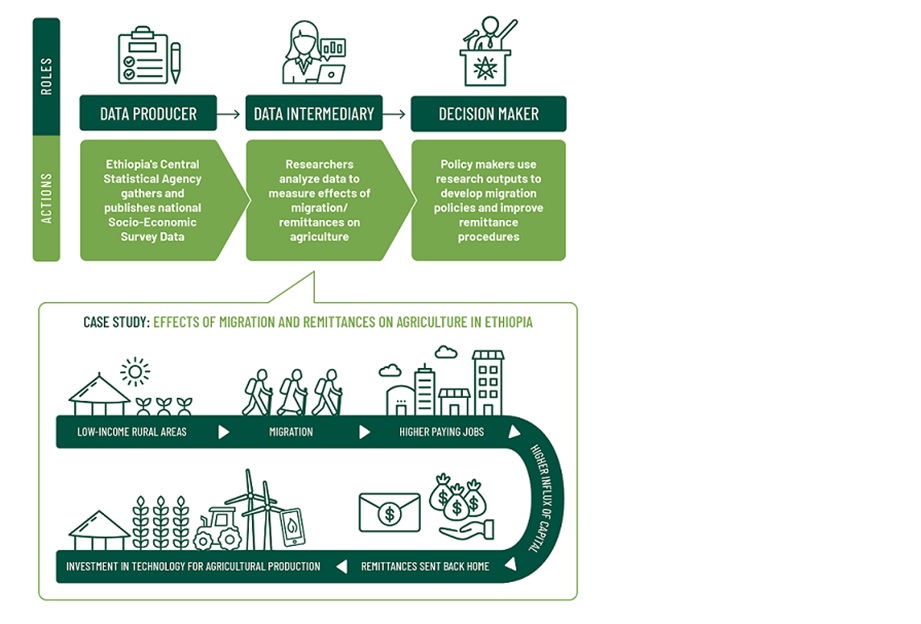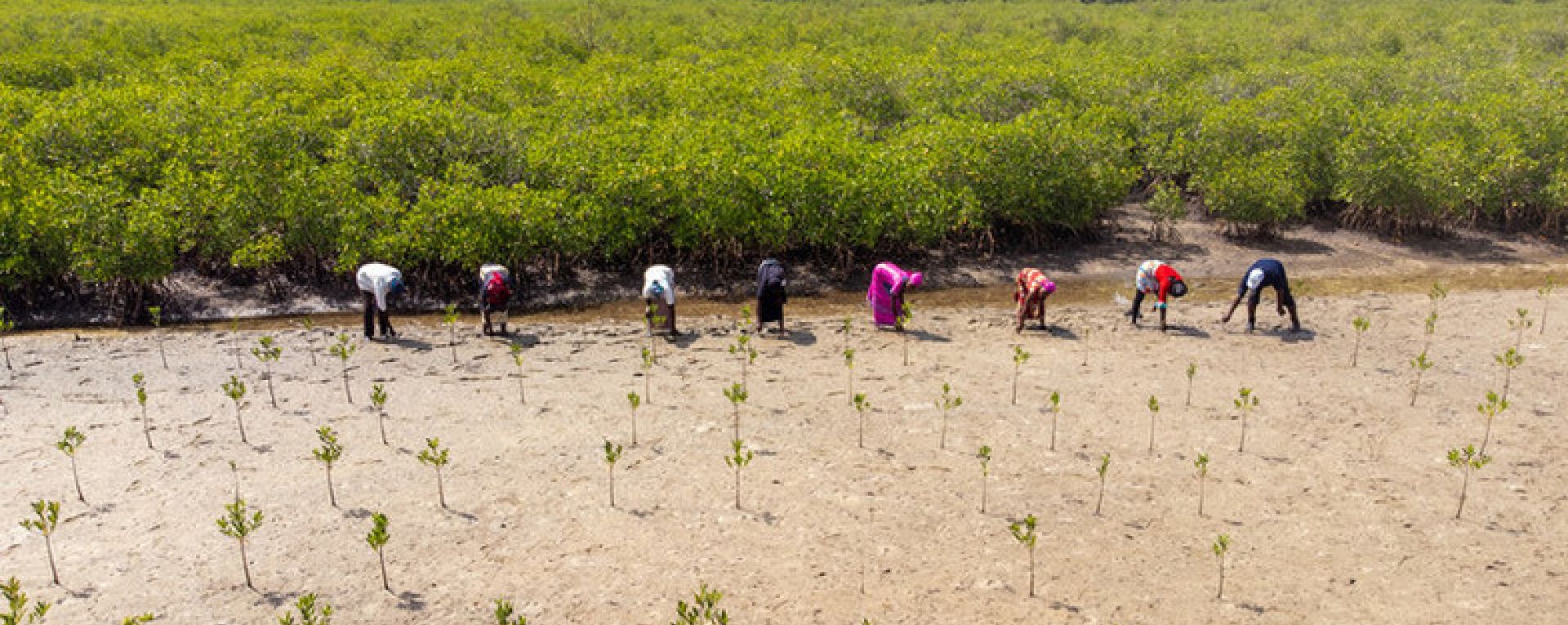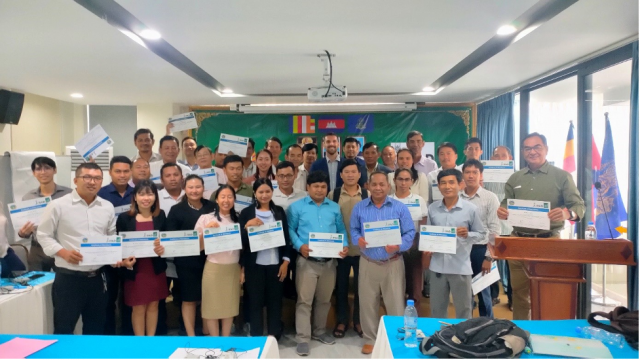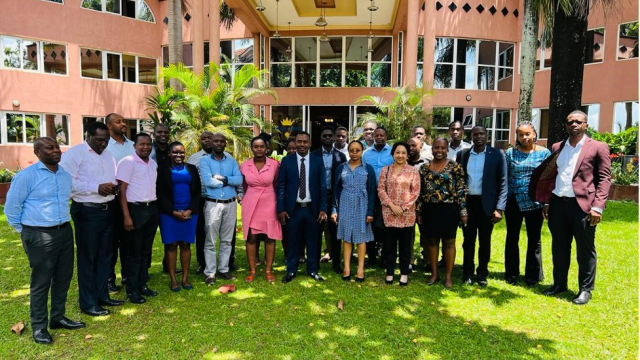Data Use
Over the past couple of years 50x2030 has conducted extensive work in 5 countries to strengthen government capacities for using data to inform policy. These countries are Ethiopia, Georgia, Cambodia, Uganda and Senegal. Some examples of recent achievements are provided below.
Ethiopia
Since 2021, 50x2030 has been hosting an annual research competition for local researchers to leverage 50x2030 datasets to showcase key trends and explore possible areas for policy interventions. One of the proposals selected in 2021 clearly illustrates the research to policy-making value proposition. It was submitted by Dr G. Giorgis Kokeb, Assistant Professor at the Ethiopian Civil Service University titled “Migration, Remittances and Agricultural Transformation in Ethiopia."
Dr Kokeb contended that migration and remittances significantly affect rural agricultural transformation in Ethiopia, but currently there is little empirical evidence available to prove it. Dr Kokeb’s study examined the effects of migration and remittances on agricultural productivity and technology adoption using data from the Ethiopian Socio-Economic Survey (ESS), which is included under the 50x2030 Initiative as of 2019.
As is the case for many African countries, migration is absent in Ethiopia’s national development policies. Moreover, there is also no specific policy linking migration to food/agricultural production, and the financial infrastructure for remittances in rural areas is very limited. The research was designed to contribute to the design of policies and strategies that facilitate a more efficient flow of migrant remittances into national development and allow remitters to invest their income in farm and off-farm enterprises. Greater efficiencies in remittance flows will then enhance agricultural productivity and farm households’ income diversification strategies.
This research project demonstrates the roles and relationships between data stakeholders (as defined the 50x2030 Initiative’s Guide to Promoting Data Use) that are necessary for data-informed decision-making, as depicted in Figure 1.


Figure 1 -- Taking Data to Impact: The Roles and Actions of Data Stakeholders in Data-Driven Decision-Making, presenting a model for the presumed impact of migration and remittances on improved agricultural production from the research perspective.
The research findings, which were showcased at the 50x2030 Global Conference held in November 2021, confirm the beneficial impact of migration and remittances on increased agricultural investment in rural Ethiopia:
“The empirical results shows that irrespective of the type of model used migration and the 19 resulting remittances have positive and significant effect on productivity enhancing agricultural technology adoption such as use of chemical fertilizer and use of improved seeds in Ethiopia. The findings imply that Ethiopian government should revisit some of its policies which directly or indirectly hinder rural labor out-migration”
Since the time that this research was published, Dr. Kokeb has been widely advocated the results and its policy implications and the findings have contributed to the evidence-base for new government policies on migration and remittances towards the goal of rural agricultural transformation, such as Ethiopia’s Ten Year Development Plan: A Pathway to Prosperity (2021-2030).



